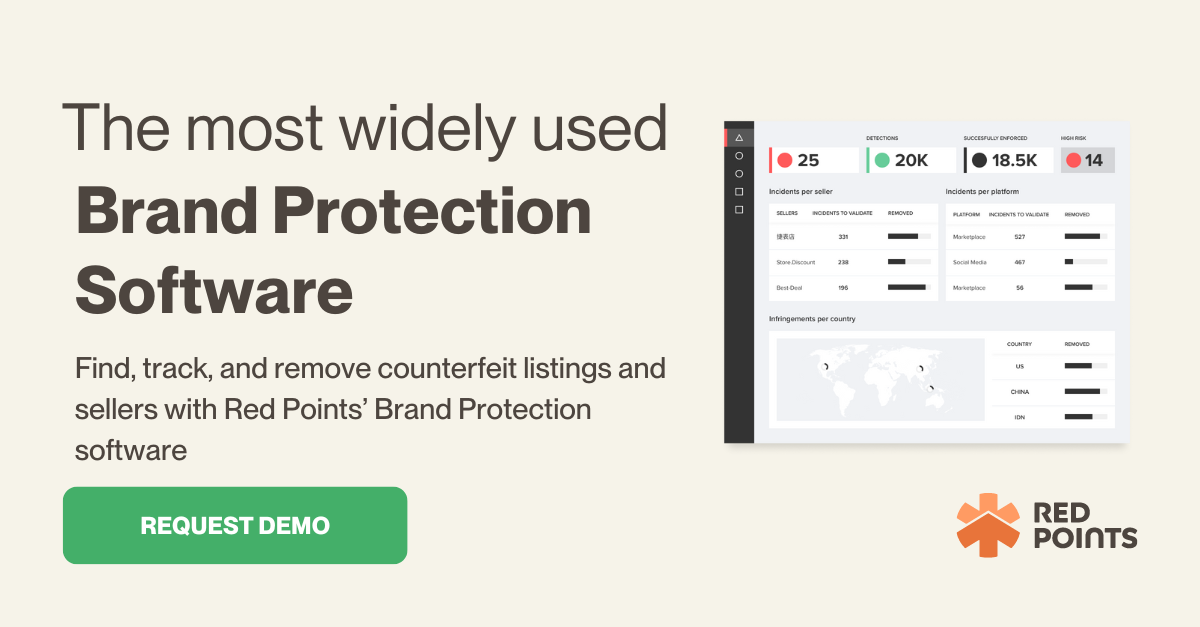A relationship with the distributor is essential. If an organization doesn’t have distributors to deliver resources for its products or services, it won’t be able to conduct its operations effectively.
You can get more for your money if you have solid and healthy distributor connections. The better you know your distributors and they know you, the more likely you are to receive personalized service, discounted prices, and special conditions. Your supply chain will become more efficient, cost-effective, and productive as a result.
Why is it important to have a strong relationship with distributors?
Maintaining a good relationship with your distributor is essential for a number of reasons. In the end, it’s all about making everyone’s workday a little bit more pleasant. It can also help you obtain a better deal, collaborate better, and build trust.
Customer service and efficiency are both boosted when you have excellent distributors on board.
Being in good terms with your distributors gives you access to an invaluable resource in the form of another perspective and the hope that more business may come your way. After all, your distributors’ businesses will flourish if yours does.
To maintain a strong distributor connection, you must approach it in the correct manner.
7 ways brands can build a stronger relationship with distributors
Paying a distributor money does not entitle you to claim ownership and control of the relationship. Two-way traffic is essential.
Just like you want your distributor to want you to be a customer, the distributor wants you to be their customer. This entails being fair, rational, and able to adapt to changing circumstances.
1. Make a point of working with vendors who share your principles.
Choose vendors who prioritize outstanding customer service if this is important to you. It’s essential to maintain good customer relations if the warranties or return policies of any items, materials, or services you provide your customers match your own.
It’s a lot like personal relationships: it’s really difficult to establish a relationship with someone whose core principles you don’t share.
Consider the ethics, values, positioning, and reputation of potential distributors before making a decision.
2. Recognize the requirements of your vendors.
Make an effort to comprehend the business models of your distributors in order to gain a better grasp of the issues at hand. Look into their investors and see if their stock is available to the public. Investigate the organization’s goals, objectives, and methods of operation. It is possible to better match your business with theirs, and grow jointly, with this knowledge.
Make it as simple as possible for them by adhering to their procedures and deadlines. Don’t be afraid to go above and above to help them out. Keep track of important documentation, such as insurance certificates, company details, and purchase order numbers.
3. Be a good customer
Make a mental note of the qualities you appreciate most in your consumers and then do the same for your vendors. Make timely payments and maintain accurate records to avoid having to ask your vendors to re-send items.
In addition, it’s in your best interest to assist in keeping your distributors’ cash reserves stocked with sufficient funds. As a result, their distributors may be unable to supply them with new inventory if you don’t pay on time. It is possible that your provider will not be able to meet your immediate needs.
Paying your bills on time is a sign of respect above all else.
4. Establish and maintain frequent channels of contact
Try to set up a time to meet with your distributors over a cup of coffee or a beer. Take a look at what’s working and where you can improve. If you encounter challenges in managing the communication flow effectively, you might consider hiring a call center to assist you.
When it comes to any kind of relationship, open lines of communication are critical. Your distributors need to know that they have a voice that is being listened to by you. Similarly, you must keep them up to date on the happenings on your end of the company. It’s recommended to use a business phone system, such as VoIP, so you can create virtual numbers for your team. You can use these numbers to free up your phone system and get to your distributors faster.
5. Ensure that feedback is provided on time.
If anything isn’t going according to plan, don’t call your distributor and rage at them. Instead of letting things fester and turn into a storm in a teacup, try to remain cool and direct.
Mistakes and misinterpretations can occur even with the most meticulous preparation and planning. It’s critical that you and your distributor deal with these issues swiftly and professionally. Allow your provider to be a part of the solution at all times.
When something goes awry in a distributor relationship, it’s critical to speak up.
6. Good service should be rewarded with your loyalty.
There’s a lot of grumbling among businesses these days about customers who aren’t loyal and are always looking for a better offer. Your vendors may be doing the same thing.
Reward a provider who has gone above and beyond for you by showing your loyalty in the manner in which you would like to be rewarded.
Developing and maintaining mutually beneficial business relationships requires both parties to participate. It’s not a one-sided battle; it demands effort and maturity on both sides.
7. Eliminate phantom competitors
For business owners, competition is an unavoidable reality of life. However, figuring out who your competitors are may be quite a challenge. A less well-known sort of competition known as “phantom competitors” can be found by seeking to identify direct and indirect competitors.
A phantom competitor is a product or service that serves the same function as your own but costs less. They are the fraudsters who illegally profit from a company’s products or services. Counterfeiters and impersonators, for example. Distributors of a brand will suffer losses if there are phantom competitors on the market.
Take Mighty Mug as an example. Products from Mighty Mug are sold all over the world. As a result, it was difficult for the corporation to detect and deal with fakes on its own.
It was a costly, time-consuming, and low-return endeavor. While Mighty Mug’s legal staff worked to stop infringements, the company was steadily losing money – anywhere from $15 million to $20 million in sales.
Red Points was hired by the corporation to combat global intellectual property infringements.
Within six months of adopting Red Points, Mighty Mug has dealt with over 2,000 violations. Using Red Points’ 360-degree approach to combat counterfeits on platforms all around the world, the company has been able to recoup revenue that had previously been stolen by counterfeiters.
What’s Next
Good relationships with distributors have many advantages and getting to know your distributor will make everyone’s lives a bit easier.
As long as you have a healthy connection, you’ll be better equipped to handle arguments and challenges. Having a good relationship with the company will also make it easier for you to negotiate a better offer. The greatest deal for you is to build a long-term connection with your distributor based on mutual trust and human interaction.
See how you can build a healthier distribution network with Red Points.






